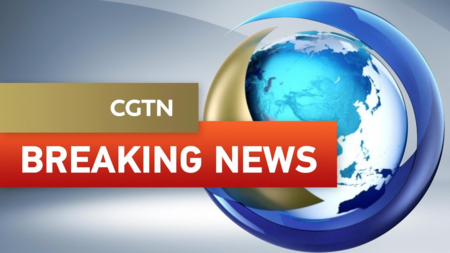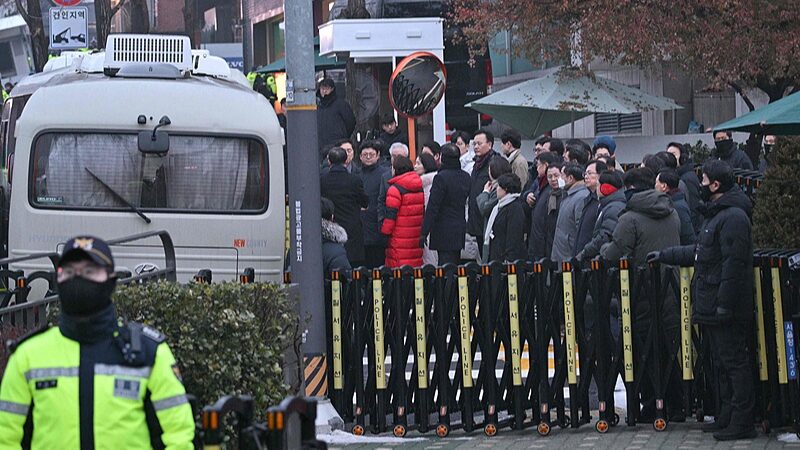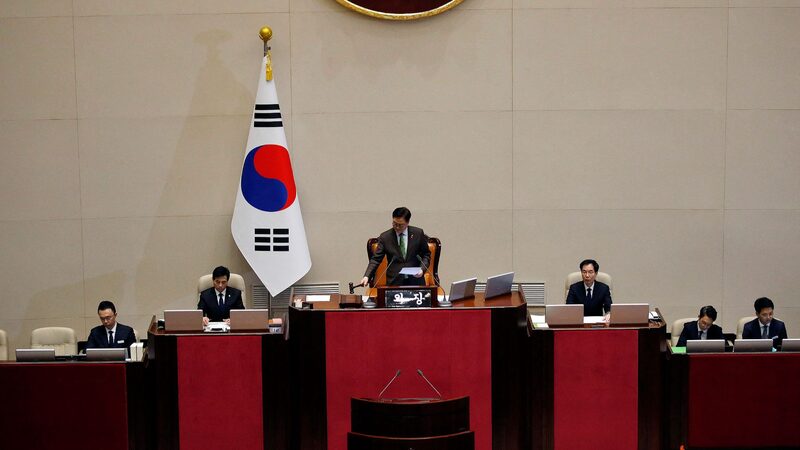South Korea’s National Assembly on Tuesday passed a resolution calling for the immediate arrest of President Yoon Suk-yeol and seven other officials following last week’s declaration of martial law.
This unprecedented move has sent shockwaves throughout the nation, igniting debates over the legality of the resolution and the future of South Korea’s democracy.
The resolution, which was swiftly moved through the legislative process, reflects deep concerns among lawmakers regarding the President’s imposition of martial law, which many see as an overreach of executive power. The martial law declaration has been met with widespread protests and international scrutiny.
Last week, President Yoon declared martial law amid escalating political tensions and widespread civil unrest. The decision was justified by the administration as a necessary step to restore order and maintain national security. However, critics argue that it undermines democratic principles and infringes on citizens’ rights.
According to South Korean law, a National Assembly resolution, similar to a bill, undergoes proposal, committee review, and plenary session deliberation. However, unlike legislation, such a resolution does not carry legal force. This means that while the resolution represents a significant political statement, it does not mandate the immediate arrest of the President or the officials named.
Opposition leaders hailed the resolution as a moral victory and a clear message to the executive branch. “This resolution signifies the people’s will and the Assembly’s commitment to safeguarding democracy,” said Kim Tae-ho, a prominent opposition lawmaker.
Meanwhile, supporters of President Yoon argue that the resolution is a symbolic gesture without legal basis, intended to undermine the authority of the presidency during a critical time.
The passing of this resolution raises questions about the separation of powers in South Korea and the potential for a constitutional crisis. Legal experts suggest that any attempt to arrest a sitting president would require impeachment proceedings and a ruling by the Constitutional Court.
As the situation unfolds, South Koreans and the international community watch closely, concerned about the stability of one of Asia’s key democracies. The coming days may determine the path forward for the nation and its leadership.
Reference(s):
S. Korean parliament passes resolution on immediate arrest of Yoon
cgtn.com




